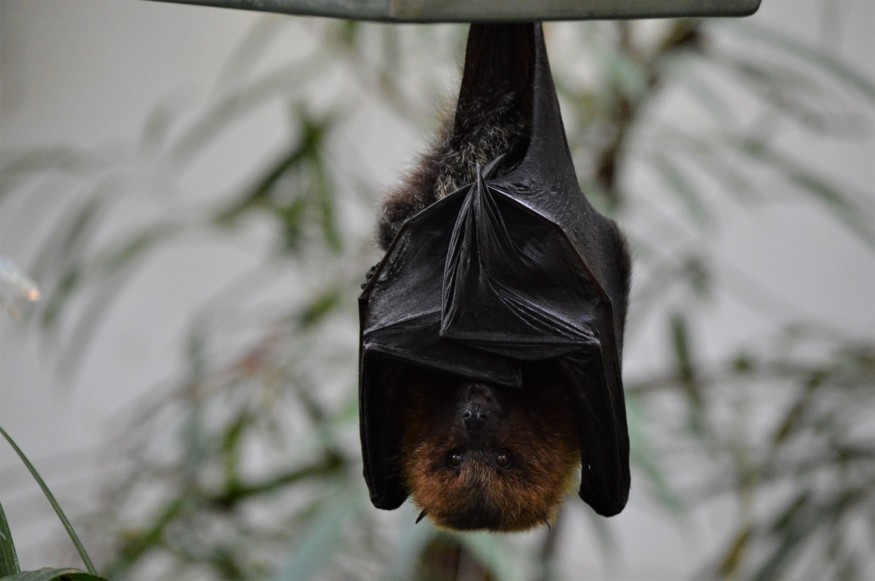Researchers at Washington State University (WSU) are raising concerns about a recent discovery of a severe acute respiratory syndrome-related coronavirus in a Russian bat. The news outlet KOIN6 reports that the COVID-like virus is said to be capable of infecting humans and current vaccines could not prevent it from spreading.
They classified it as a sarbecovirus, which is a type of virus that is a member of the coronavirus family. Like SARS-CoV-2, the virus that causes COVID-19, the newly discovered virus, also attaches to the ACE2 protein to penetrate into human cells.

Khosta-2 Virus Resistant to Vaccines
The virus is known as Khosta-2 virus and has spike proteins that are resistant to monoclonal antibodies and serum from vaccinated people. Both SARS-CoV-2 and Khosta-2 viruses belong to the same subcategory of coronaviruses called sarbecovirus.
WSU virologist Michael Letko said that the study "An ACE2-dependent Sarbecovirus in Russian bats is resistant to SARS-CoV-2 vaccines" published in PLoS Pathogens demonstrates that sarbecovirus found in Asia can also be found in western Russia where Khosta-2 virus was found.
Additionally, this virus poses a global threat and ongoing vaccine efforts against SARS-CoV-2 because of its immunity to existing vaccines. Letko said that the discovery of Khosta-2 highlights the need to develop universal vaccines against sarbecoviruses rather than just the known variants of SARS-CoV-2.
He added that there are now groups working on a vaccine that would provide broader protection against these viruses in general, unlike existing ones that are designed for specific viruses known to infect human cells. But that will soon change as scientists broaden the design of future vaccines to target other sarbecovirus.
How Was Khosta-2 Virus Discovered?
The COVID-19 pandemic has done unprecedented damage to the world that killed more than 6.5 million people around the world. The pandemic slowed this year, but experts said that it is not yet over.
Researchers continue to learn more about SARS-CoV-2 with a focus on finding and studying similar viruses in Asia and beyond, per KOBI5. Letko and his colleagues at WSU found that most of the viruses found outside of Asia do not infect human cells, but one of the two viruses found in bats in Russia raises some red flags.
The team said that the virus has similar properties to COVID-19 and can infect humans. The viruses were initially found in 2020 and were given the names Khosta-1 and Khosta-2.
According to Business Standard, Khosta-1 cannot readily enter human cells. However, the antibodies in the combined serum from people vaccinated against COVID-19 were unable to neutralize Khosta-2. The same results happened when they combined the new virus with serum from people who recently recovered from Omicron infection.
Researchers clarified that they do not intend to scare anybody but aim to inform that sarbecoviruses in wildlife outside Asia could also threaten global health. Therefore, more protective vaccines are necessary to prevent outbreaks of zoonotic coronaviruses.
RELATED ARTICLE: Previous COVID-19 Infection Linked to Neurological Conditions in Millions of People
Check out more news and information on COVID-19 in Science Times.










